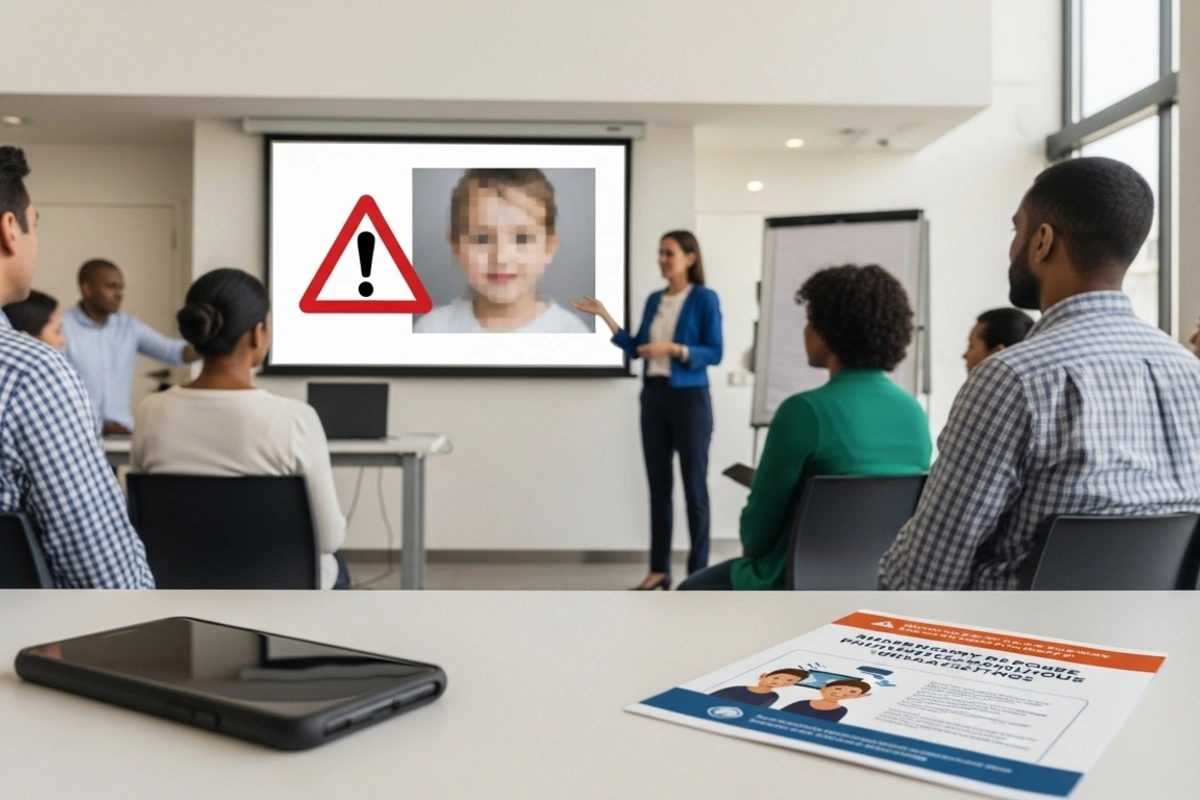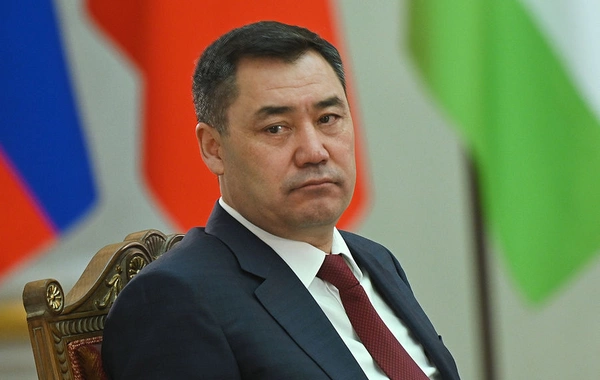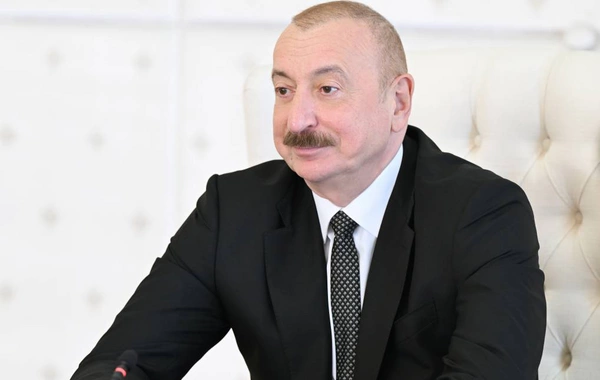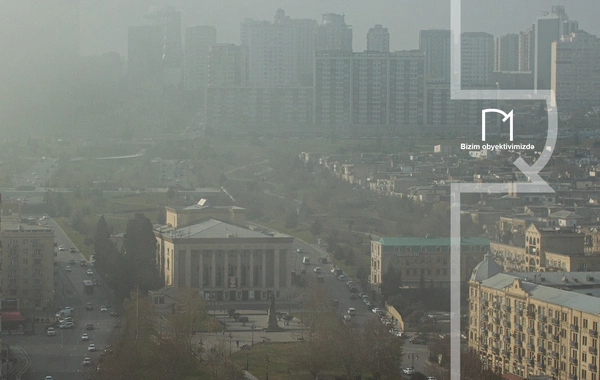Parents Explained Why It's Dangerous to Post Photos of Children on Social Media## Translation note: I've maintained the original format while translating the Russian headline into English.

In the modern world, photos of children on social media have become commonplace. Young parents share pictures from the first days of their baby's life, show first steps, holidays, and school achievements.
But experts increasingly warn: such openness can pose serious risks - both for the child now and in the future.
The main danger - leakage of personal data
When a parent publishes a photo of a child, especially indicating their name, age, school, or geolocation, they unwittingly reveal a huge amount of information. Using these details, criminals can track where the family lives, where the child studies, and even when they are alone. In the era of digital technology, such data becomes real "gold" for cybercriminals and offenders.
Photos can be used without consent
When publishing pictures of a child, parents often don't think about losing control over where these images might end up. Photos can be downloaded, edited, or placed on questionable websites. Cases where children's photographs were used in fake profiles or even in illegal content are, unfortunately, not uncommon.
The problem of digital footprint
Every photograph published on the internet remains there practically forever. Even if a post is deleted, copies may be saved on servers or in someone else's archives. This creates an unwanted digital footprint for the child, which can follow them into adulthood. Imagine that a future employer or classmates find awkward childhood photos - not everyone would find this pleasant.
Psychological risks
Psychologists note that children whose photos constantly appear online may face pressure and violation of personal boundaries. It becomes difficult for them to separate their real life from the image created by their parents on the internet. In the future, this can lead to lowered self-esteem and feelings of anxiety.
The question of consent
Many forget about a simple but important principle - a child has the right to decide whether they want to be on the internet. Even small children deserve respect for their personal boundaries. When parents post pictures without consent, they essentially deprive the child of their right to privacy.
How to protect a child
Experts advise parents to follow a few simple rules.
- Never specify exact location, school name, or other personal data.
- Avoid photos that show documents, addresses, or faces of other children.
- Set up profile privacy and limit the circle of those who can see the posts.
- It's better to share photos with loved ones through private messengers rather than on open networks.
Many parents publish photos with the best intentions - from a desire to share joy and pride. But it's important to remember: the internet doesn't forget, and digital risks become more real every year. Taking care of a child's safety begins not only with locks on doors but also with a conscious attitude toward what we post online.
Similar News
Products Named That May Slow Your Progress in the Gym
People striving for high athletic performance know: discipline matters not only in the gym but also outside of it. Controlling sleep, daily routine, and most im...




 Azərbaycanca
Azərbaycanca  По-русски
По-русски  English
English 






